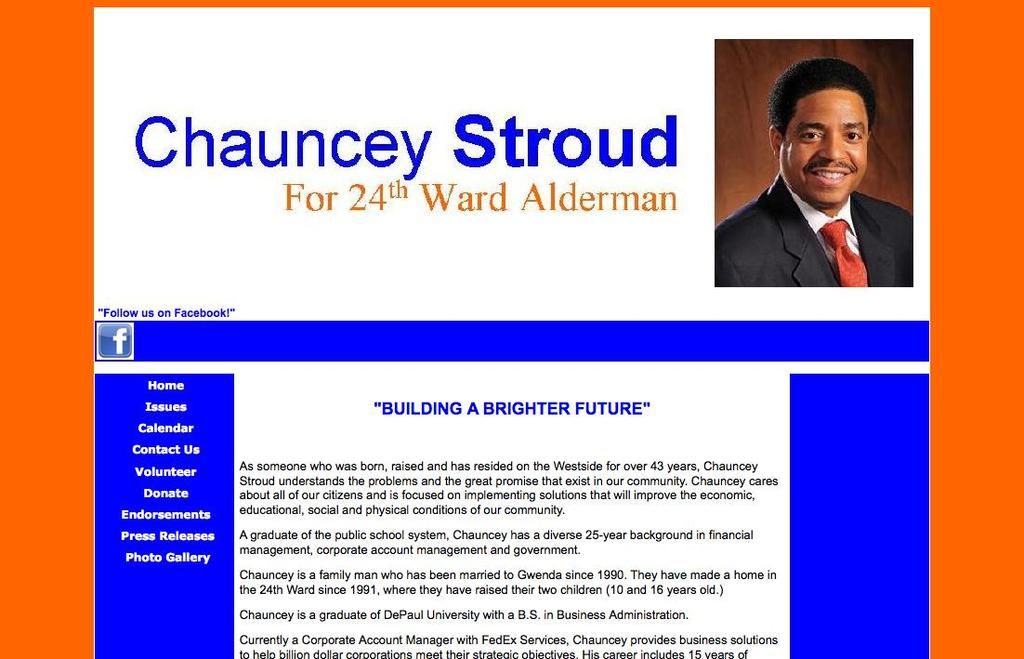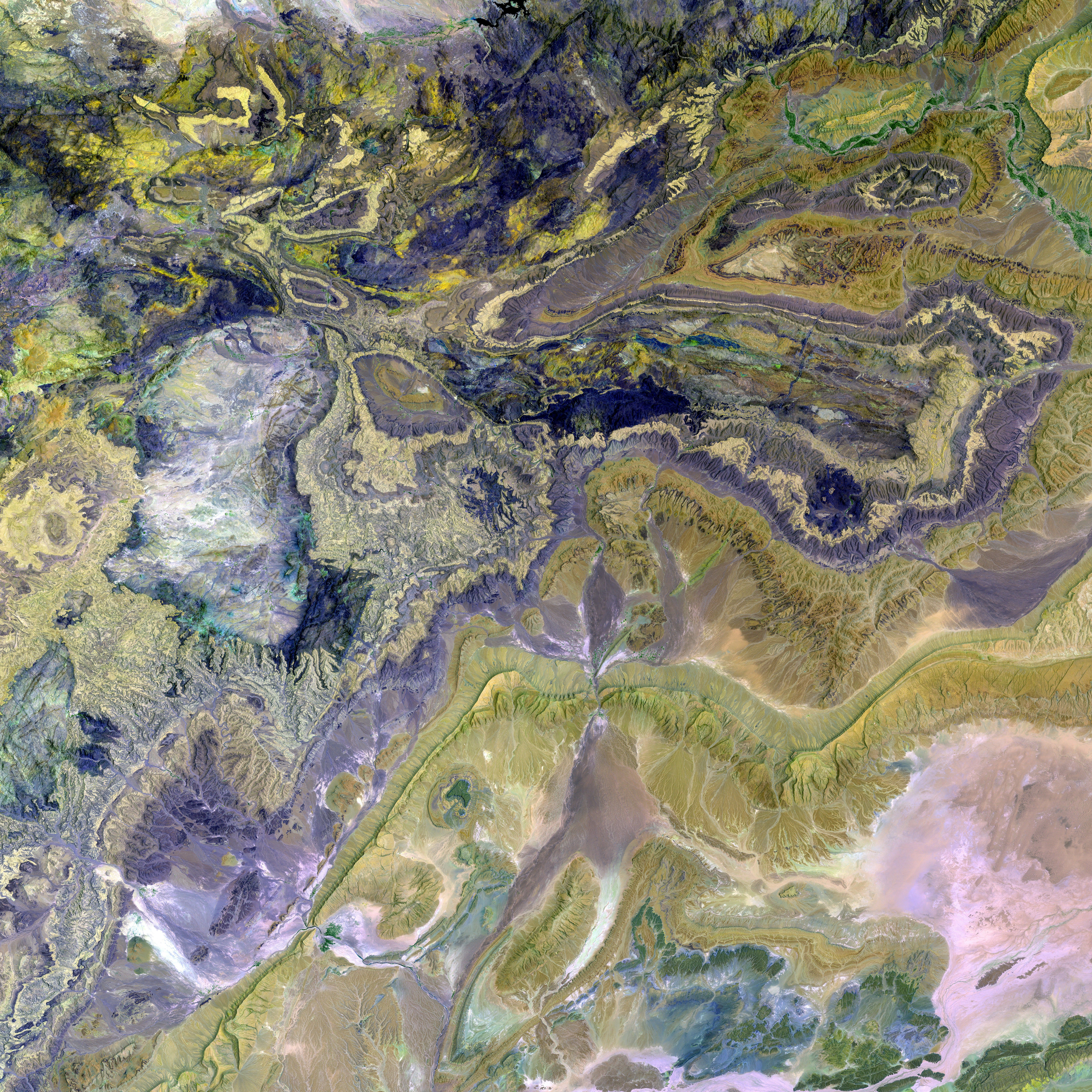The Fate of Jack Nicholson's Infant Molars Explored
In the wild, wild world of media, a juicy story often spreads like wildfire without a proper follow-up. This was the case with Jack Nicholson's baby teeth saga that buzzed around in 2001. You heard that right—the infamous actor's baby teeth were supposedly up for grabs!
Catapulted by the British TV station, Auctionworld, the supposed auction created a media frenzy. It fueled headlines in the tabloids, garnered coverage in stalwarts like the BBC and Time, and yet, the results were left unanswered. Did Jack Nicholson manage to reclaim his long-lost molar relics? Did some collector splash out a fortune for this eerie memento? Sadly, the answers remained hidden.
However, through the tenacious digging of investigative journalist Chris Stanton from Vulture, some truth has finally surfaced. The story she unearthed touches on media madness, gossip journalism, and the early days of internet drama. It's a stark reminder that in our hunger for truth, we may often overlook glaring inaccuracies and plunge headlong into fantastical tales.
So, what really happened? Here's where things get interesting: it turns out Auctionworld never had Jack Nicholson's teeth. Instead, the eager tea-spiller was none other than an anxious PR minion on the verge of losing his job. Like a mischievous elf weaving a web of lies, the PR whiz spun a yarn about Jack's missing teeth and let it loose.
In its heyday, Auctionworld was an unusual beast in the media landscape. Similar to home shopping networks, the channel had a twist—its hosts would aim to sell strange, exotic items such as a jewel-encrusted globe, a Matt Damon costume from Saving Private Ryan, or an eye-catching watch, all under the pretense of limited availability. Could we be any more enthralled?
According to Vulture's exposé, Auctionworld was shrouded in mystery. The channel's owner would secretly bid on items, manipulate bids, and casually toy with audiences from the comfort of his home. Reports even claim that one of their prize possessions - the jewel-encrusted globe - was merely a cardboard duplicate once its real appearance was shattered. In the end, the channel's popularity failed to sustain itself, and UK regulators eventually slapped it with a hefty £450,000 fine for faltering deliveries. With a vanishing founder, unfulfilled orders, and employees left in the lurch, the channel bit the dust.
But what about poor Jack Nicholson's baby teeth? That was the brainchild of a desperate, young PR executive named Ben Keen. Torn between the pressure to create a buzz and impending job loss, Keen came up with a genius plan—he cooked up a phony press release about Jack's teeth and sent it flying into the world. He even added a juicy detail about Jack being desperate to reclaim his teeth into the mix. As Keen himself put it, "And so, the story of Jack Nicholson's teeth was born."
In the end, the story lived on for more than two decades, lingering in the corners of media memory. Keen'sPR stunt reminded us all of the power of sensationalism and how sometimes, truth, and fiction can blur so easily. So, the next time you come across a bizarre celebrity anecdote, be sure to dig a little deeper and question the origin of the story—maybe it's just an elaborate PR hoax aiming to steal the spotlight!
- Investigative journalist Chris Stanton from Vulture revealed that the auction of Jack Nicholson's baby teeth was a hoax created by a desperate PR executive named Ben Keen.
- In the future, media consumers should be cautious and dig deeper before believing sensational celebrity stories, as some might be elaborate PR stunts aiming to capture attention.
- Although the British TV station, Auctionworld, claimed to have Jack Nicholson's baby teeth up for auction in 2001, the pressing need to create a buzz led a young PR executive to cook up a phony press release about the actor's teeth.
- After a media frenzy surrounding the supposed auction, the truth of Jack Nicholson's baby teeth auction was revealed to be a tech-savvy public relations tactic, prompting consumers to question the origins of such bizarre stories and embrace a more critical approach to tabloid journalism.







